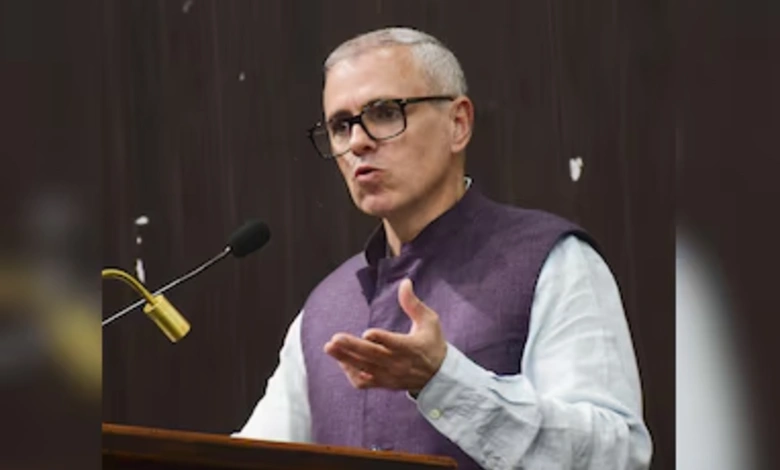Srinagar/New Delhi: In a span of mere hours, Farooq Abdullah, the seasoned leader of the Jammu and Kashmir National Conference and father to Chief Minister Omar Abdullah, stirred significant controversy with pointed critiques on two pressing security matters. His statements, delivered amid heightened tensions, called for introspection into radicalization and warned against repeating past military missteps.
Addressing the recent dismantling of a sophisticated terror network in Haryana—allegedly run by educated professionals including doctors—Abdullah questioned the underlying factors that propelled such individuals toward extremism. “Ask those who are responsible, why did these doctors have to take this path? What was the reason? There is a need for a thorough investigation and study of this,” he stated, emphasizing the urgency of understanding these motivations to prevent future escalations.
Abdullah’s concerns extended to the handling of seized explosives from that operation, which tragically detonated at a Srinagar police station storage facility on Friday evening, claiming nine lives and inflicting widespread damage to nearby residences. The incident occurred during routine forensic examinations, as confirmed by Jammu and Kashmir Director General of Police Nalin Prabhat, who dismissed swirling rumors as unwarranted.
ALSO READ : Nine killed, 27 injured in blast at JK police station while handling explosives seized in Faridabad
“This is our mistake. Those who understand these explosives better should have spoken to them [officials] about how to deal with them, instead of trying to handle themselves,” Abdullah remarked, highlighting procedural lapses. He further lamented the broader fallout, including the unwarranted suspicion cast on Kashmiris following a related blast in Delhi’s Chandni Chowk market. That explosion, triggered by suspect Umar Mohammad—who loaded an i20 car with the materials in panic—resulted in 13 fatalities in the bustling area. “You saw the result—nine people lost their lives. So much damage was caused to houses there. We haven’t yet come out of the crisis in Delhi where fingers are being pointed at every Kashmiri. When will that day come when they will accept that we are Indians and we are not responsible for this?” Abdullah asked, voicing frustration over lingering stereotypes.
Compounding the debate, Abdullah expressed skepticism toward potential escalatory responses, invoking the ill-fated Operation Sindoor—a cross-border action that yielded little strategic gain at a steep human cost. “I hope no such thing [Operation Sindoor] will happen. Nothing came out of it. Eighteen of our people died. Our borders were compromised. I hope both nations improve their relations. That is the only way. I want to repeat what Vajpayee Ji said that friends can be changed, but neighbours cannot be changed,” he said, advocating for diplomatic thaw over confrontation. Notably, this reference drew sharp rebuttals, as analysts often cite Pakistan’s Kargil incursion as a betrayal of former Prime Minister Atal Bihari Vajpayee’s outreach efforts.
The remarks swiftly provoked backlash from the Bharatiya Janata Party. Leader Tarun Chugh accused Abdullah of habitual leniency toward militants, declaring, “Shedding tears for terrorists is their old habit. Farooq Abdullah should stop speaking for terrorists now.”
As investigations into the Nowgam blast and the Haryana module proceed, Abdullah’s interventions underscore deep-seated anxieties over security protocols, radical influences, and the fragile India-Pakistan dynamic—urging a measured path forward amid grief and division.
